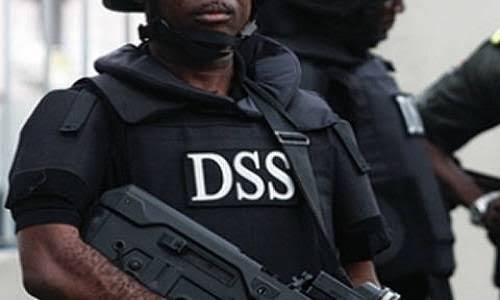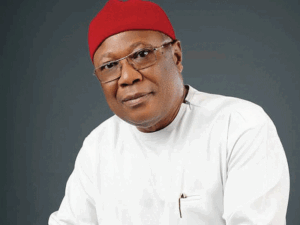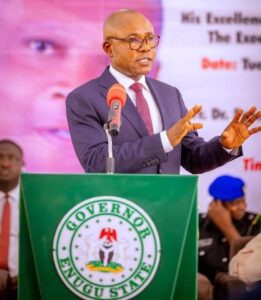The trial of Nnamdi Kanu, leader of the Indigenous People of Biafra (IPOB), resumed at the Federal High Court in Abuja, with a Department of State Services (DSS) operative, identified as AAA, testifying as the prosecution’s principal witness. Under cross-examination by Kanu’s defense team, led by former Attorney General Kanu Agabi, the witness acknowledged that no instruments of terrorism were found on Kanu or his female companion during his arrest. AAA, whose full identity was shielded, stated his role was limited to apprehending Kanu, securing his statement, and transferring him to Abuja for further investigation. He confirmed analyzing only Kanu’s phone during the decade-long investigation but admitted no evidence from it was presented in court, deeming it “immaterial” to the case.
The witness conceded that many items confiscated from Kanu had lost practical utility over the years and revealed no personal knowledge of records detailing items purportedly returned to the defendant. When pressed, AAA affirmed that Kanu’s companion was not linked to terrorism and that Kanu himself had not directly damaged property or incited verifiable violent acts. He referenced social media posts allegedly encouraging violence but could not identify individuals who acted on such messages. The defense highlighted Kanu’s past assertions that IPOB is non-violent, with AAA recalling the defendant’s denial of arming members.
The trial, which began in 2015 on charges of terrorism and treasonable felony, has faced prolonged delays, exacerbated by Kanu’s flight from Nigeria in 2017 and his controversial rendition from Kenya in 2021. Initially tried alongside four co-defendants, Kanu’s case was severed in 2018, allowing proceedings against others to proceed separately. During cross-examination, AAA mentioned awareness of efforts to extradite Simon Ekpa, a Finland-based separatist linked to IPOB’s activities, though he provided no further details.
The witness acknowledged Kanu’s criticism of Nigeria’s governance, including labeling the country a “zoo,” but could not confirm if Kanu addressed systemic issues like corruption or unemployment. When questioned about widespread violence in regions like Kaduna, Zamfara, and Plateau states, AAA agreed these were unrelated to separatist agitations, conceding that Nigeria’s security challenges persist despite Kanu’s trial.j




